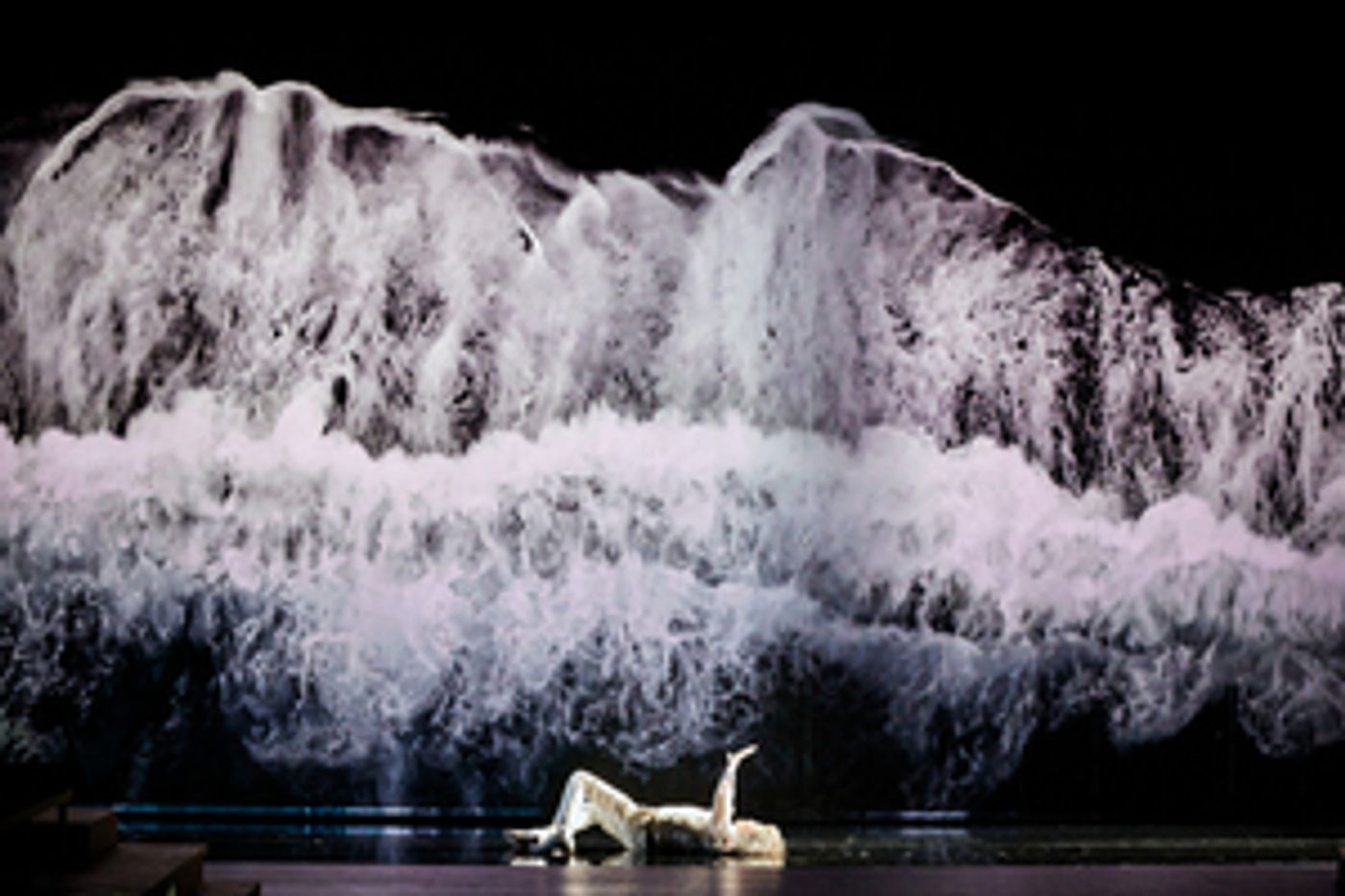Review: The Festival d'Avignon Presents RICHARD II By Christophe Rauck
Now, three quarters of a century later, he has been adopted by the repetoire.

According to a poll taken in 2016, a little more than half of all British people have seen or read Shakespeare's Romeo and Juliet. That number dips just below half for Macbeth and Midsummer. The Tempest rounds out the Top 10 at 22% engagement. Deep down in this list at 7%, tucked between Merry Wives of Windsor and Love's Labour's Lost, is Richard II. This obscurity was seen as a feature not a bug for Jean Vilar when he opened the first Festival d'Avignon with Richard II in 1947. Since this performance, the play has become something of a hallmark of French theatre. This year, Christophe Rauck adds his own directorial vision at the Festival's Gymnase du Lycée Aubanel with Micha Lescot in the title role.
Bolingbroke and Mowbray are having a dispute. They seek the council of their king Richard II. He announces that they should have a trial by combat. He then intervenes again, banishing both from England. Bolingbroke then returns from exile to take his land and then to take England from Richard. He is successful, forcing Richard II to relinquish the crown, announcing himself as King Henry IV. Richard dies, murdered in a jail cell.
Most Anglophone productions of Richard II lean either on the fragility or the vanity of the main character. Micha Lescot, at least while Richard is king, takes him tonally between Game of Thrones and A Clockwork Orange. This Richard isn't overwhelmed with the emotional or administrative tasks of royalty. He seems rather apathetic. While king, he evokes the scheming intellect of Richard III, not the feckless vanity of Richard II. This serves the motivations of the side characters very well as they organize to unseat the king. Though it flattens this motivation. Who wouldn't want to dispose themselves of this man?
These early complaints are qualified as "while he is king," because in dispossessing himself of his kingdom, Lescot plunges Richard to new depths. Rauck finds the humor that was so sorely missing under Richard's reign. Lescot's final monologue is what comes when a narcissist is forced to reflect upon themself. His final murder is beautifully contrasted between the glee of the vainglorious assassin and the remorse of Henry IV over the necessary evil.
Christophe Rauck has taken an epic approach to the play, with nearly all emphasis going to text. This sometimes resulted in leaden "park and bark" staging. In some instances monologues are delivered to an on stage camera, with the video projected on a skrim in an attempt for cinematic intensity. The main set elements by Alain Lagarde are two bleacher platforms that are adjusted throughout the space. Projections by Etienne Guiol are astonishing in their clarity. In one scene Richard II is almost upstaged by an overwhelming aerial shot of the tide coming in. Olivier Oudiou's lighting is at its best when intertwined with these projections. Coralie Sanvoisin's costuming is helpfully direct. With so many characters, every aspect of them has to make a clear introduction. Unfortunately, music by Sylvain Jacques is more loud than anything else. Jean Vilar opened the first Festival with Richard II in an attempt to expand the French understanding of foreign works. Now, three quarters of a century later, he has been adopted by the repetoire. I was somewhat disappointed in not getting the chance to grapple with the feckless king, so well known to English theatre goers. However, he was embraced with a standing ovation by his French public.
Photo Credit: Christophe Raynaud de Lage
Reader Reviews
Videos


